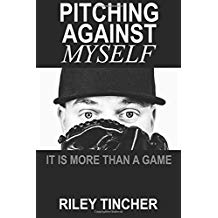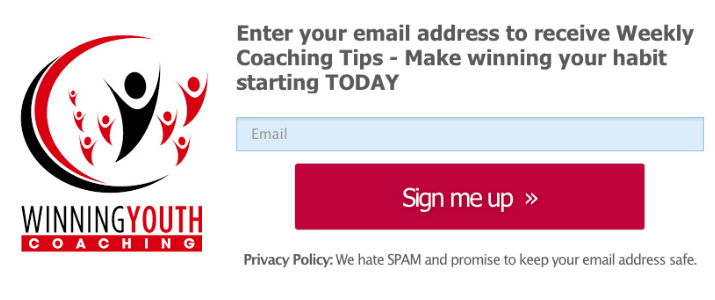3 Ways to Improve Your Basketball Game

Many basketball players assume that to improve your game you should just shoot a lot. Sure, putting the ball in the hoop is the primary goal of every basketball player.
However, there are other parts of your game that require practice as well. Here are three ways to improve your basketball game, things you can work on to be a better player and teammate.
Court Awareness
As players improve their skills, they usually move up in level. As the talent improves, so does the speed of the game.
One of the most important, yet often overlooked basketball skills is court awareness. But, how can you improve this important skill? How can improve your natural instinct to know where you are on the court at all times, without even looking?
Developing better court awareness is the same idea as becoming a smarter basketball player. It starts with knowing the court dimensions precisely.
Measure the width of the free throw lane for instance, and then measure how many strides it takes you to cross from one side to the other. But, what do you do in the areas of the court that don’t have markings?
An old coaching trick is to move players around the court while they’re blindfolded. Start at one point and work your way in a direction you think moves you closer to the basket.
You may find this hard to begin with, but watch how you improve. After a few steps, try to guess where you are on the court at any given time.
Check to see how close your guess is, then start over. It’s essential to work with a partner on the blindfolded drill, but after a while, you’ll begin to have a natural sense where you on the court without even looking.
There are also motion drills you can do that not only practice basic skills like passing, but also enhance your on court awareness. If you know where you are on the court at all times, it makes sense that you can quickly know where you need to be in an instant.
Foot Speed and Agility
As boring as it might sound, there are times when you need to practice things on a basketball court without a ball. Two of those skills are foot speed and agility.
If you can’t keep up with your opponent, or the pace of the game, you’re going to soon find you’re always one step behind. But, how do you improve your foot speed and agility.
Aren’t these skills something you’re just born with? One reason some players like to think they are, is because working on foot speed and agility is both boring and hard.
To get faster, you have to run. Players often see wind sprints as a mode of horrific punishment leveled by an ogre coach. This is not true.
When you sprint from the baseline to foul line, bending over to touch each line, you are improving both your court speed and agility. Sure, these types of sprints, often called suicide sprints, are hard.
However, the sure way to improve your speed is to sprint, and then, sprint some more. To make your pursuit of better foot speed and agility more enjoyable, like court awareness practice, there are some fun drills you can do to improve these essential basketball performance skills.
Ball Handling Skills
Once you appreciate how important court awareness and agility are in the game of basketball, you can move to the skills that put points on the scoreboard. The team of players who can score the most goals, obviously, wins basketball games.
Getting the ball up the court and to open shooters involves ball handling skills. Everyone seems to love practicing their shooting, but to get an open look; you need to be able to handle the ball.
If you’ve watched professional players prepare for games, you may have noticed superstar players doing ball handling drills before they ever shoot a practice shot. You can do tip drills and dribbling exercises at home.
Every time you pick up a basketball and work it around your body, your ball handling skills will improve. Some ardent coaches even have their players carry a ball around with them everywhere possible.
Like the previous skills, there are on court drills you can do to make practicing ball handling skills more fun. You can work on your power dribble, or set up cones and do figure eights.
The objective is to make the ball feel like a part of your hands. When you are comfortable with the feel of the ball, you’ll have better control. Like everything else in basketball, to improve your ball handling skills, there is no substitute for practice.
Summary
We all want to improve our basketball skills. However, some players are reluctant to work on the little things. Try these three tips to improve your basketball game. Each one will help you toward the ultimate objective, scoring more points than your opponent.
This is a guest post by Sasa Cvetkovic, founder and owner of Basketball Phantom Blog






